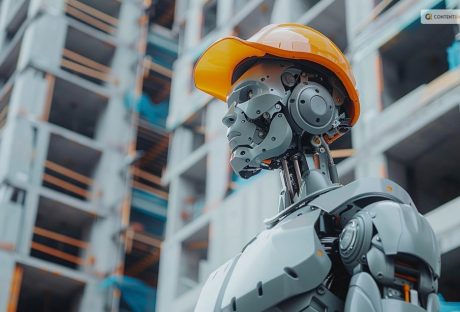You’ve had success with your applicant tracking system and the new hires are getting settled in. They seem to fit in well and are enjoying their jobs. Everything seems like a hiring manager’s dream. This is great! Now, how do we make sure they stay happy and comfortable? Everyone is rooting for them to be long tenured employees and here’s a few tips to make sure that happens.
5 Tips For Employee Retention For Any Organization
Employee retention is a pretty effective process. Hence, if you invest an immense amount of money for your employee training purposes, some of the trained employees are starting to leave your company every year. Therefore, your organization is undoubtedly going to hit the challenging part. This is why you have to be conscious and take the step to retain your employees for your organization every time.
How to do it? Read through the five tips and know-how to retain your employees.
1.Development
People new to the workforce especially, as well as those more tenured, want to know what their future looks like. Many in the workforce see the best way to climb the ladder is to leave companies after a few years.
Making an active effort to promote internally will help keep employees as well help with luring new candidates when they learn your company is known for development.
2.Competitive Pay For Employee Retention
While many of us love what we do, most people enter the fields they do because they see it as the best way for them to have the comforts they need in life. It sounds obvious to some, but worth saying that a lot of people working don’t feel valued by the pay they receive.
Not feeling valued, through lack of compensation, is a major reason as to why people are going to take an offer if it’s presented to them. They might not start looking because of it, but when presented with it, who can blame them for taking a new opportunity to better themselves and their families?
Ensuring you are competitive within the market is one of the best ways to keep the talent you have for years to come.
3.An Inclusive Environment
Everyone wants to feel safe and comfortable at work. This is something to keep in mind at every stage of employment. It should start with fair hiring practices and continue throughout an employee’s tenure.
There are many ways to make for a more inclusive environment and it starts by embracing different backgrounds, opinions, and life experiences. Moreover, you must consider the role of wrongful termination lawyers in case your management fails to follow the rules and policies regarding employee termination.
4.Retention Surveys
This is a great way to make sure everyone is happy in their positions, and as a way to catch something before it results in someone leaving. These can be run internally or a 3rd party company can provide the service. Either route can be right, it would all depend on what your business structure looks like.
We are all human and things can slip through the cracks; it’s understandable. A way to minimize that is data provided from surveys. Regardless if the survey is conducted internally or externally it can be tailored to what you think might be pressing issues at your company.
Also, make sure to allow for open ended feedback in case something is important to a team member that you innocently might not have thought to ask about. What better way to show employees to care than giving them an opportunity to speak freely?
5.Perks
Another way to make sure employees are staying is to offer them something they aren’t likely to get elsewhere. This can vary greatly depending on what kind of service your company provides and what the physical space of your office is. For example, an in-house gym is a popular perk but not possible in every office space.
It might also be worth considering offering the service or product you sell to employees at a discount. If that’s also not feasible, consider something like paying employees’ cell phone plans, especially if they use their phones for work, as a way to show your appreciation as their employer.
Conclusion:
The employee is an asset to the organization. So when you are having the goal to build a stable organization these five tips of employee retention are going to sort out your issues within seconds. Apply these tips and maintain stable growth with family-like organization members.
Read Also:
























